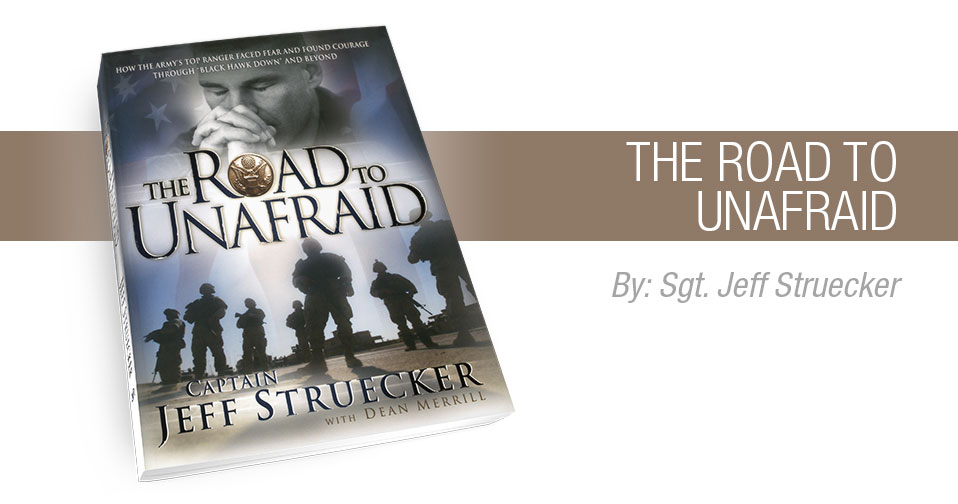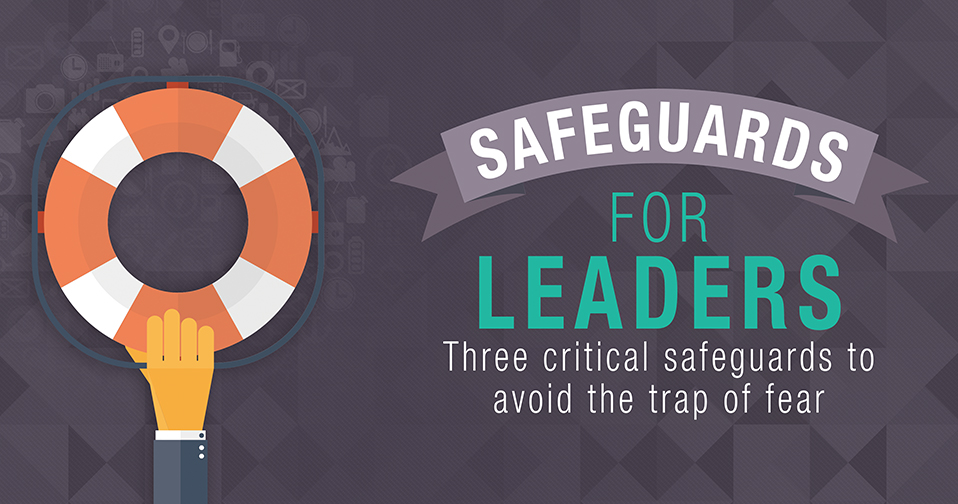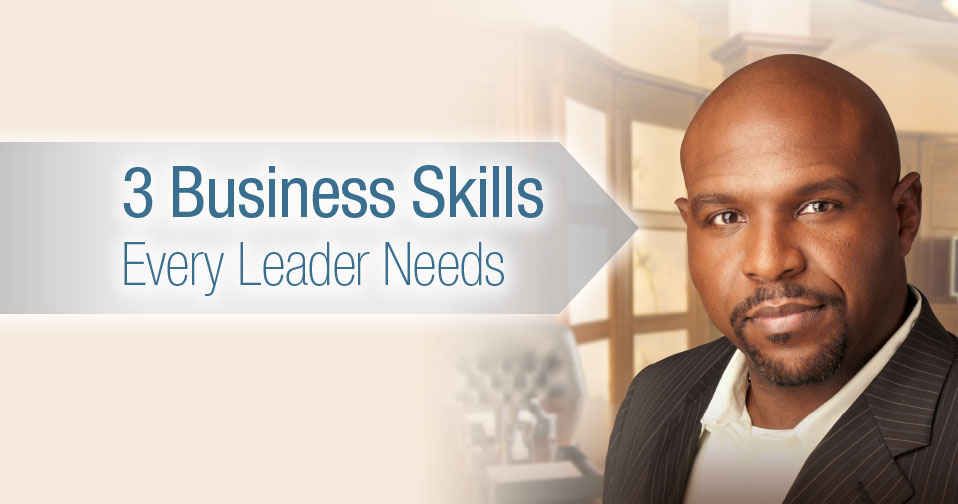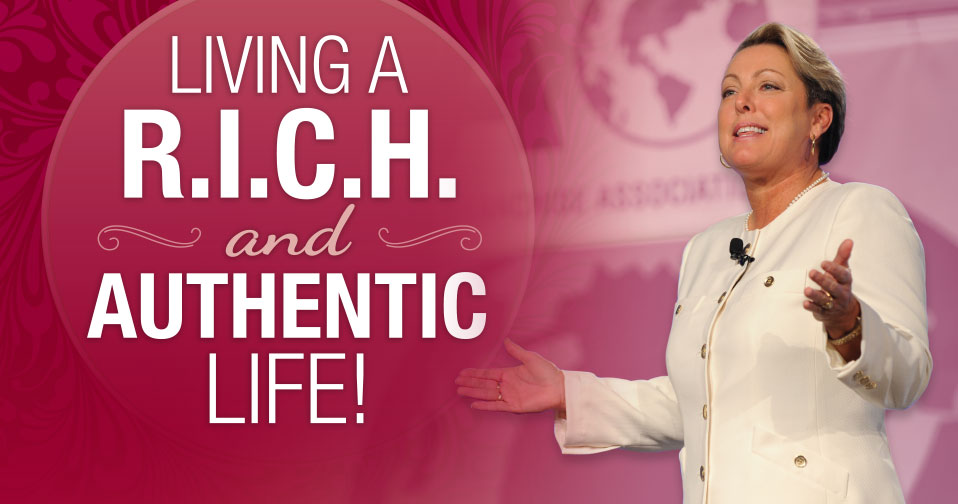Ask Dave On Business With Dave Ramsey

Office location doesn’t matter
- Dear Dave,
My wife and I started selling Avon a few years ago to make some extra money. We were pretty successful, and we started hosting vendor events in our town. Now we’re thinking about moving the business out of our home and into an office in order to appear more professional. Do you think this is a good idea?
— Terry
- Dear Terry,
I don’t think anyone interested in buying Avon products would be put off by the fact that you work out of your home. Most people in a multilevel like Avon work from home, so what you’re doing isn’t unusual.
If I’m in your shoes, I think I’m going to spend my time, money and effort to make sure these vendor events are high-profile and highly successful. Make sure they all want to come back each and every time. As a vendor who is buying a table or booth at these events, I don’t give a flip about where your office is located. I care about the event and the opportunity to leverage that into sales. If I pay $25 for a space, will there be 25 people there or 200? If I pay $250 for a booth, will there be 3,000 people there? Will they buy stuff, or are they just a bunch of gawkers hoping for freebies? In other words, is the event going to work for me?
By doing this, you’ll build more and more credibility and have the opportunity to solicit testimonials from existing clients and from fellow reps. Your “office” location simply doesn’t matter in this scenario.
— Dave
Cultivating Customers
- Dear Dave,
I have several large customers. These customers are a big enough part of my business that if I lost one it would have a significant impact on my bottom line. Should I be trying to grow them, or would my time be better spent prospecting and adding new customers?
— Ryan
- Dear Ryan,
I think you should be doing both. You need to have lots and lots of new customers, so that while they become a bigger part of your world, it would become less impactful financially if one suddenly went away. You never want to have a customer situation where the tail is wagging the dog. As a business owner, you don’t want a customer that’s so big, such a huge part of your world, that it would devastate you financially if the relationship ended. That puts you into a situation that’s based in fear, not in serving.
There’s nothing wrong with someone being an important percentage of your business world. I have two advertisers who have been with my company and our radio show for many years. In the old days, the ad revenue those two companies alone generated was a huge deal to us. Now, we collect a lot more ad revenue from them than we did back then, which means we’ve helped them grow their businesses significantly. Meanwhile, our business has grown substantially. So even though these guys bring in four or five times the revenue they did back then, we’ve grown significantly in other areas. This has made them a smaller percentage of our world.
That’s what I mean when I say the answer is both. You want your customers to be successful, but you also want to do very well so you’re not quite as dependent on any single one of them as you go along.
— Dave
Prevent a Partnership
- Dear Dave,
I’m thinking about going in with a buddy of mine as partners in a landscaping business. Should I have any concerns about this idea?
— Mike
- Dear Mike,
I would beg you not to do this. Consider buying it and having your buddy work for you, or let him buy it, and you could work for him. Either of you could work for the other for a percentage of the profits without being an owner.
If you can’t tell, I hate partnerships. I know you guys are friends, but anything with two heads is a monster. Something will happen where there will be a disagreement, and you guys will end up being mad at each other. I’ve been doing business counseling and coaching for two decades, and I can tell you that precious few businesses that function as partnerships last 10 years. Law firms and medical practices may be the exception, but they have unique partnership structures.
So many things can go wrong in these situations. All the bad things that happen to your family happen to your business, and all the bad things that happen to your business happen to your family. Stuff you never dreamed about will occur, and then you’re stuck to each other.
The only ship that won’t sail is a partnership. Don’t do it, Mike!
— Dave
Vendors and Baby Steps
- Dear Dave,
I’m a small business owner with $300,000 annually in gross sales. I net $50,000 a year and have $110,000 in total debt, and that includes business and personal debt. I make lots of purchases from vendors using net 30 terms. How do net 30 terms fit within the Baby Steps?
— Brad
- Dear Brad,
They don’t. You shouldn’t be making purchases unless you have the cash flow to cover them. It’s just like having an electric bill. You pay for the electricity you’ve used. If you buy stuff from a printer, you don’t prepay the job. You pay it when the materials are finished. A pretty basic scenario would be they drop the stuff off, leave you an invoice, and you pay it within 30 days.
At my company, we generally clear those kinds of transactions in eight to 10 days, assuming everything was done right and the pricing and purchase order are on target. If we don’t have the money, we don’t order things. We don’t play games and hope we can sell it after they deliver and then pay them.
That’s planning debt and riding on the backs of your vendors. And that’s no way to run a business!
— Dave

By: Dave Ramsey
Dave Ramsey is America’s trusted voice on money and business. He’s authored four New York Times best-selling books: Financial Peace, More Than Enough, The Total Money Makeover and EntreLeadership. The Dave Ramsey Show is heard by more than 6 million listeners each week on more than 500 radio stations. Follow Dave on Twitter at @DaveRamsey and on the web at daveramsey.com.
Read More Articles by Dave Ramsey





